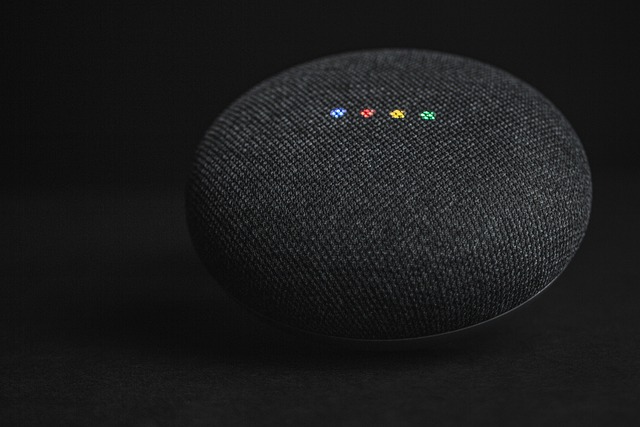In today’s fast-paced world, the blending of robotics and artificial intelligence (AI) has redefined how businesses operate. One of the most compelling aspects of this transformation is the rise of digital assistants, intelligent agents designed to automate tasks and enhance productivity. These digital companions not only facilitate interactions between humans and machines but also streamline business processes in ways we couldn’t have imagined a decade ago.
Imagine walking into your office where a digital assistant greets you, ready to help you manage your schedule, set reminders, or even analyze complex data sets. This scenario has become a reality in many industries, thanks to advancements in robotics and AI. Digital assistants utilize natural language processing and machine learning to understand human commands and provide relevant responses, making mundane tasks feel seamless and more engaging.
As we delve into the intricacies of automation in business, we realize that the integration of digital assistants significantly reduces human error and enhances efficiency. Industries like finance, healthcare, and retail are already witnessing increased productivity. For instance, in healthcare, digital assistants can help manage patient records and schedule appointments, allowing medical professionals to focus on patient care rather than administrative tasks.
The introduction of robotic process automation (RPA) complements the capabilities of digital assistants by facilitating the automation of repetitive tasks such as data entry and report generation. This synergy between robotics and AI creates an ecosystem where human workers are free to engage in more creative and strategic endeavors. It’s an augmentation rather than a replacement; rather than fearing job loss, employees can leverage digital assistants to amplify their own abilities, fostering a culture of innovation.
Moreover, the adaptability of digital assistants to various business needs underscores their revolutionary potential. From chatbots that handle customer service inquiries to AI-driven analytics tools that offer insights into market trends, these digital helpers cater to diverse operational requirements. As businesses continue to evolve, the capability to customize digital assistants will become increasingly valuable, allowing companies to tailor their functions to better align with unique business goals.
In addition, the data collected by digital assistants can lead to smarter business decisions. By analyzing patterns in employee behavior, customer interactions, and operational efficiency, businesses can gain crucial insights that drive continuous improvement. This data-driven approach supported by AI not only enhances decision-making processes but also fosters a more responsive and agile organizational culture.
While the benefits of employing digital assistants are clear, it’s important for businesses to address potential concerns around privacy and data security. As these tools become more integrated into daily operations, ensuring that user data is protected and used ethically will be paramount. Clear guidelines and robust security measures are essential in maintaining the trust of employees and customers alike.
As we embrace this era of innovation, the interaction between humans and digital assistants will shape the future of work. These technologies are not just tools; they are partners in an ongoing journey toward greater efficiency and creativity. The digital assistant not only represents a remarkable technological advancement but also a shift in how we view collaboration between humans and machines. By fostering an environment where these interactions flourish, businesses can unlock unprecedented potential and redefine success in the digital age.




